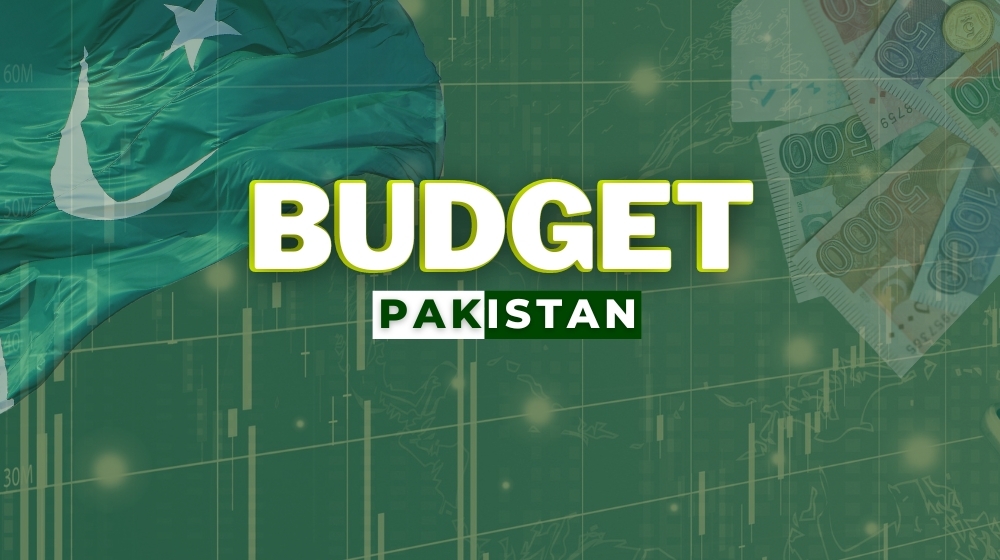Germany Faces €30 Billion Budget Hole: Finance Minister Calls for Urgent Spending Cuts

Germany is bracing for a significant financial challenge as Finance Minister Lars Klingbeil has issued a directive to government ministries, demanding comprehensive savings plans to address a looming €30 billion budget shortfall projected for 2027. The call for austerity, detailed in a letter obtained by Reuters, underscores the growing pressure on Berlin to rein in spending amidst economic headwinds.
A Growing Fiscal Concern
The €30 billion gap represents a considerable strain on Germany's public finances, traditionally considered a bastion of fiscal stability within the Eurozone. Several factors have contributed to this situation, including rising interest rates, increased social spending, and the lingering economic impact of the COVID-19 pandemic and the energy crisis triggered by the war in Ukraine. The shortfall necessitates decisive action to ensure the long-term health of the German economy and maintain investor confidence.
Minister Klingbeil's Directive
Minister Klingbeil’s letter explicitly tasks each ministry with identifying and submitting detailed proposals for substantial cost reductions. These plans are expected to be rigorous and demonstrate a commitment to efficiency and fiscal responsibility. The directive emphasizes that the savings must be sustainable and not simply achieved through one-off measures.
“We need to look at all areas where we can save money without jeopardizing important investments,” Klingbeil reportedly wrote in the letter. He also stressed the importance of prioritizing spending and ensuring that resources are allocated to areas with the greatest impact on economic growth and social well-being.
Potential Impacts and Challenges
The implementation of these spending cuts is likely to be met with resistance from various sectors of government and society. Ministries may be reluctant to relinquish funding, and public services could face reductions. Furthermore, the timing of these cuts is particularly challenging, as Germany is already grappling with slowing economic growth and high inflation. Balancing the need for fiscal discipline with the imperative to support economic recovery will be a delicate balancing act for the government.
Some economists suggest that the cuts could impact key investment areas such as renewable energy and infrastructure, potentially hindering Germany's transition to a greener economy. Others argue that the savings are necessary to maintain the country's fiscal credibility and prevent a larger crisis down the line.
Looking Ahead
The German government is expected to present a revised budget plan in the coming months, outlining the specific measures it intends to take to address the budget gap. The proposals are likely to be subject to intense debate in parliament and could face significant opposition. The success of these efforts will be crucial for Germany’s economic future and its role in the European Union. The situation highlights the ongoing challenges facing European economies as they navigate a complex global landscape.






